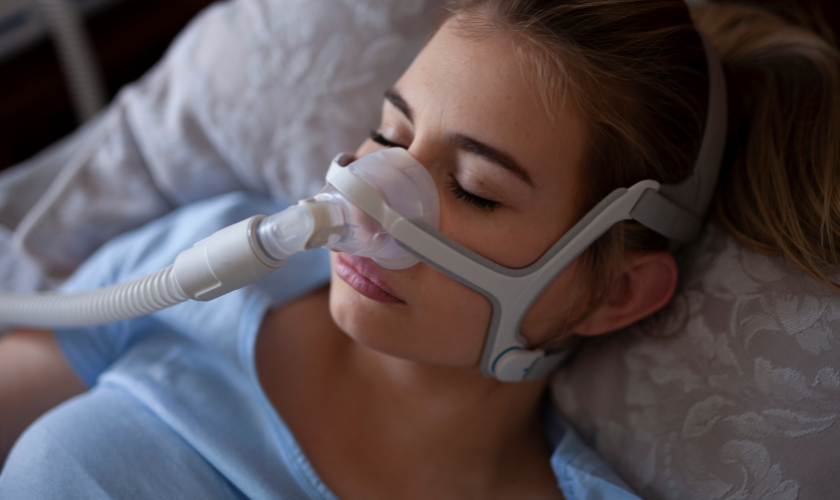
Understanding Sleep Apnea: What It Is and How It Affects Your Health
Sleep is a crucial aspect of our lives, affecting both our physical and mental well-being. However, for millions of people, this natural process is often disrupted by a sleep disorder known as sleep apnea. This condition not only disturbs sleep but also poses serious health risks. In this blog, we’ll delve into what sleep apnea is, its different types, causes, symptoms, and most importantly, how it can impact your overall health.
Understanding Sleep Apnea:
Sleep apnea is a sleep disorder characterized by frequent pauses in breathing or shallow breaths during sleep. This disruption can occur numerous times in an hour, leading to fragmented and inadequate sleep. Sleep apnea can broadly be categorized into three types: obstructive sleep apnea (OSA), central sleep apnea (CSA), and complex sleep apnea syndrome (CSAS), which is a combination of both OSA and CSA.
Obstructive sleep apnea is the most common type, occurring when the throat muscles relax excessively during sleep, causing the airway to narrow or close, resulting in a temporary pause in breathing. Central sleep apnea, on the other hand, occurs when the brain fails to send proper signals to the muscles that control breathing, leading to irregular breathing patterns. Complex sleep apnea syndrome is a combination of both OSA and CSA, making it more complex to diagnose and treat.
Symptoms and Risks:
While sleep apnea often goes undiagnosed, it presents a variety of symptoms that can negatively impact your daily life. These symptoms include loud snoring, gasping for air during sleep, daytime fatigue, irritability, difficulty concentrating, and morning headaches. Additionally, untreated sleep apnea can lead to more severe health complications, such as hypertension, heart disease, stroke, diabetes, and even depression.
The Impact on Overall Health:
Sleep apnea, if left untreated, can significantly affect your overall health and quality of life. The constant disruption in sleep patterns prevents your body from entering the restorative stages of sleep, leading to persistent fatigue and a compromised immune system. Moreover, the lack of oxygen during sleep can strain your heart and increase the risk of heart disease and stroke.
Diagnosis and Treatment:
If you suspect that you or a loved one has sleep apnea, it is essential to consult a healthcare professional. Diagnosis often involves a sleep study, either at a sleep center or with an at-home sleep test. Once diagnosed, treatment options may include lifestyle changes, such as weight loss, quitting smoking, avoiding alcohol, and sleeping on your side. Continuous positive airway pressure (CPAP) therapy, oral appliances, and surgery are other treatment options depending on the severity of the condition.
Sleep apnea is a serious sleep disorder that requires timely diagnosis and appropriate treatment. Ignoring the signs and symptoms can lead to significant health risks and a diminished quality of life. Understanding the types, causes, and symptoms of sleep apnea can help you or your loved ones take proactive steps towards better sleep and overall health. If you suspect you have sleep apnea, don’t hesitate to seek medical attention and explore the available treatment options. A good night’s sleep is essential for a healthy, fulfilling life.


